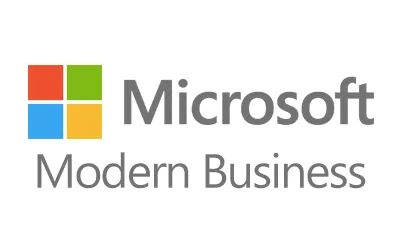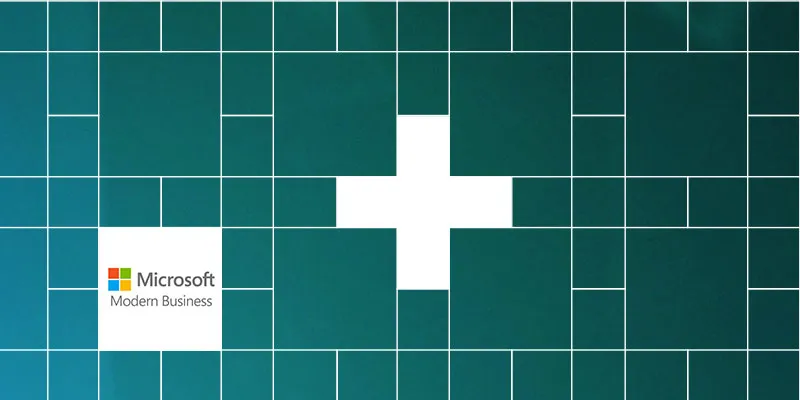Healthcare businesses need technology now more than ever
This article is a part of a 4-part series sponsored by MS Modern Biz Products. Know more about how Microsoft is helping the SMEs.

Healthcare in India is always on top when one thinks of sectors on priority. Technology has made and is continuing to make a significant improvement in healthcare sector. The complex network and processes that must be cent percent accurate make the role of technology in healthcare even a larger and more important one. Be it prognosis, diagnosis, treatment documentation, retrieval of information, access to knowledge, medical instrumentation, teaching, research, technology has made a major difference. But the level of penetration of technology in hospitals is still very low and there is a long road to go.
The use of IT in the healthcare industry is far less than its use in almost any other industry – banking, travel, automobile, retail etc. Less than 2 per cent of gross revenues are set apart for deployment of tech, compared to 5 to 8 percent in most other industries. According to a report by Frost and Sullivan, India's healthcare information technology market is expected to hit $1.45 billion in 2018, more than three times the $381.3 million reached in 2012.
With lots of gaps in the entire cycle, technology can play a key role in plugging them. There are many startups that are trying to fix these problems- consumer facing apps for urban users to find doctors, single specialty hospital chains targeting various demographies, software solutions for hospital to function more efficiently, etc. It is not just the institutional investors who are excited about the sector but corporates are looking to support more healthcare startups as well.

Now, if you're a startup in the B2B healthcare space, it is crucial to understand the customer and their needs, their pain points and how to solve them. For instance, we spoke to BLK Super Specialty Hospitals about how they used technology to solve a key problem – communication.
First, here’s a look at the hospital:
- · BLK Super Speciality Hospital is a 700-bed tertiary care hospital
- · It has 1000 employees
- · BLK Hospital’s nine Centres of Excellence see 80 patients each day
During a routine technology review, BLK realized that an effective communications platform is missing for the staff. About 70 percent of their staff were healthcare professionals – doctors and nurses – who are always on the move and not confined to desks. A desktop email and messaging client would not work. They needed something more flexible.
As the hospital was already using Microsoft products for its information system, the company’s email options were first checked out. Microsoft Office 365 seemed like the best option as it combined the flexibility of a portable solution with the sophistication of a desktop email client.
“Our doctors and nurses are the backbone of our patient care delivery system, it is important for us to provide them access to information as required to improve efficiency and patient care,” says Dr. Sanjay Mehta, Medical Superintendent.
“Our brief to the IT team was to find such a solution within our budget and make it available quickly.”
Adoption of Microsoft Office 365 has saved the hospital $10,000 in costs and helped doctors to increase efficiency.
The same rules also work for startups in healthcare. Before you pitch to a big ticket client like the hospital, here are a few ground rules.
- Know your customer: Study existing systems and infrastructure in detail before you design a solution for the problem they present you
- Ensure your solution fits with the existing infrastructure.
- Different hospitals have different tech requirements. Ensure you understand the nuances of your clients’ business before proposing a solution.
Are you a healthcare startup? Share your experiences and do let us know if there is any information in particular that you require.







